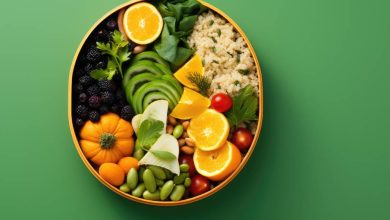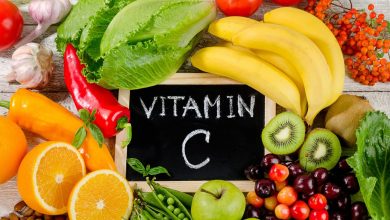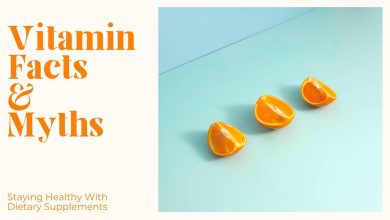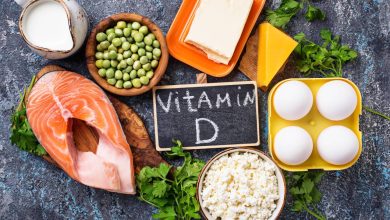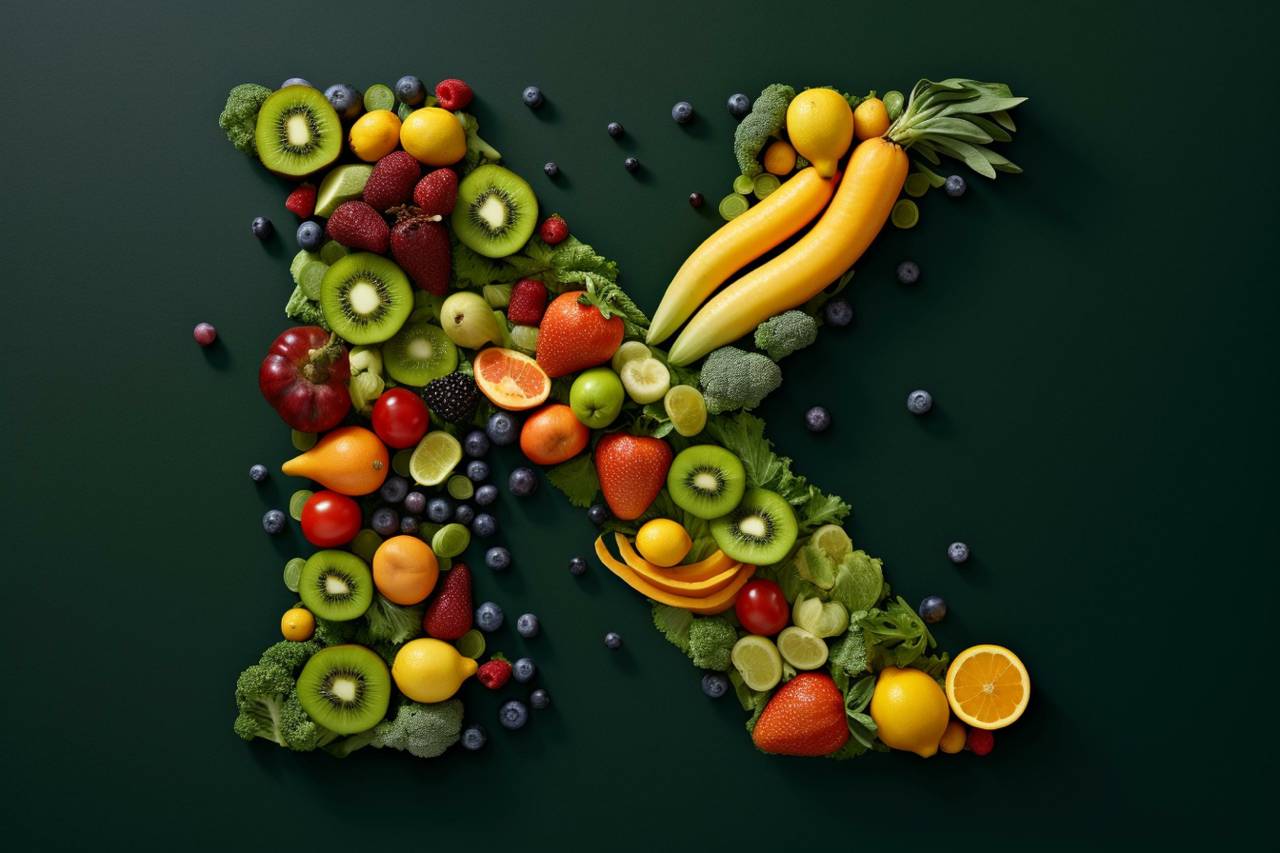
More than 50% of infants in the US alone suffer from vitamin K deficiency, which can turn fatal if not corrected. In adults, vitamin K deficiency, though rare, can cause hemorrhage and excessive bleeding.
Ensuring you get adequate levels of vitamin K can help. We know most of you lead fast-paced lives. You have a serious time crunch and don’t have the inclination to think of all of this.
Despite all of that, how can you make sure you get enough vitamin K? What about your babies? You don’t want them to be at risk, do you?
In this article, we’ll tell you how you can keep yourself and your family happy by keeping an eye on your vitamin K levels. Let’s get started!
Vitamin K is a fat soluble vitamin responsible for the proper functioning of several bodily systems. The foremost function of this substance is to assist the blood clotting process. Moreover, it also helps build and strengthen bones and in preventing kidney stones. Researchers are also looking into the role of vitamin K in treating osteoporosis and Alzheimer’s as well as preventing cancer and cardiovascular disorders.
The deficiency of vitamin K can be extremely detrimental to human health and so can be its overdose. Lack of K vitamin in an individual increase the odds of hemorrhage (bleeding), osteoporosis, bone fracture, and easy bruising. In severe cases, vitamin K deficiency can also check the patient to die.
Its overdose, conversely, can bring about vitamin K toxicity in the body. Excessive consumption of vitamin K can also cause the blood to thicken and hence can trigger a stroke or vascular problems. So, one should always go easy on the consumption of vitamin K so as to avoid both extreme conditions – deficiency or overdose.
The recommended dosage of vitamin K for teens and adults is 75 micrograms and 120 micrograms per day.
Top Ten Vitamin K Rich Foods
Vitamin K can be found in many different natural ingredients including vegetables, fruits, herbs, and meat. Listed below are ten vitamin K foods that you can include in your everyday diet to keep up its levels in your body, enabling all of your systems to work efficiently.
1. Kale:
Kale is among the richest natural sources of vitamin K on the planet. This dark-green leafy vegetable is considered a powerhouse of several vital vitamins, minerals, and powerful antioxidants. However, for drawing optimum health benefits of kale one ought to use it in well-cooked form rather than raw.
| Food Source | Vitamin C in 100g | Calories 100 g |
| Kale | 817 mcg | 50 g |
2. Spinach
One of the healthiest and most commonly used leafy veggies, spinach, is another excellent dietary source of vitamin K. A single serving of boiled spinach supplies 888.48 mcg of this essential nutrient.
| Food Source | Vitamin C in 100g | Calories 100 g |
| Spinach | 483 mcg | 23 g |
3. Dried Herbs
Long employed to serve medical purposes, herbs are naturally packed with various vital nutrients including vitamin K which makes them a good option among the vitamin k sources. Dried basil, sage, thyme, coriander, marjoram, oregano, and parsley are considerable options to incorporate into your routine diet for increasing your vitamin E intake.
| Food Source | Vitamin C in 100g | Calories 100 g |
| Dried basil | 1715 mcg | 251 g |
| sage | 1715 mcg | 315 g |
| thyme | 1715 mcg | 276 g |
| coriander | 12.0 mcg | 23 g |
| marjoram | 622 mcg | 271 g |
| oregano | 622 mcg | 306 g |
| parsley | 1640 mcg | 36.0 g |
4. Spices
Hosting a significant content of vitamin C and E, red chili powder is a great addition to spice up cuisine and get your daily vitamin K needs. Curry powder, paprika, and cayenne also contain decent amounts of vitamin K. Try adding these spices to your regular soups and salads.
| Food Source | Vitamin C in 100g | Calories 100 g |
| Curry powder | 99.8 mcg | 325 g |
| paprika | 80.3 mcg | 289 g |
| cayenne | 80.0 mcg | 315 g |
5. Fish Oils
Virtually all sorts of fish oils are excellent providers of vitamin K and essential fatty acids like Omega 3. Do include fish and fish oils in your routine diet to maintain better health.
| Food Source | Vitamin C in 100g | Calories 100 g |
| Total Omega-3 fatty acids | 35311 mg | 902 g |
| Total Omega-6 fatty acids | 1543 mg | 902 g |
6. Plums
Plums also contain high dosages of vitamin K. A single serving of plums is found to supply 248g of this vitamin.
| Food Source | Vitamin C in 100g | Calories 100 g |
| Plums | 6.4 mcg | 46 g |
7. Cruciferous Vegetables
Cruciferous vegetables such as turnip greens, collard greens, and mustard greens are another rich source of vitamin K. One cup of boiled or steamed turnip green provides you with 529.34 mcg of this vitamin. It is suggested not to boil the cruciferous veggies for more than five minutes or they’ll lose most of their nutritious values.
| Food Source | Vitamin C in 100g | Calories 100 g |
| collard greens | 511 mcg | 30 g |
| turnip greens | 368 mcg | 20 g |
| mustard greens | 300 mcg | 15 g |
8. Cucumbers
If you like cucumbers, then now you have a good reason to consume more of them. They hold high concentrations of vitamin K and can be an ideal snack option if you’re seeking ways to supplement your vitamin K intake.
| Food Source | Vitamin C in 100g | Calories 100 g |
| cucumbers | 16.1 mcg | 15 g |
9. Swiss Chard
Innately packed with the goodness of several vital vitamins and minerals as well as potent antioxidants, Swiss chard is known to provide 8738 mcg of vitamin K per 200 calorie serving. It makes a great substitute for spinach.
| Food Source | Vitamin C in 100g | Calories 100 g |
| Swiss chard | 830 mcg | 19 |
10. Brussels sprouts
Last but not the least, Brussels sprouts! Although they’re quite unfriendly for kids, these low-calorie veggies are rich in vitamin K. Do incorporate sprouts in your regular diet plan so as to get 300 μg of the vitamin K per serving.
| Food Source | Vitamin C in 100g | Calories 100 g |
| Brussels sprouts | 140 mcg | 36 g |
Apart from these, fruits like Blueberries and Raspberries also are foods rich in Vitamin K.
